Authorities in Ngozi Province have been urged to take decisive action against the trafficking of children to neighboring Tanzania. This call came during a key meeting that brought together Sandrine Kitonzi, social affairs advisor to the Governor of Ngozi, and social affairs advisors from various communes of the province. According to the local magazine Jimbere, Kitonzi urged all local leaders to step up efforts to combat this illegal practice and protect vulnerable children.
A standout strategy highlighted during the meeting was from Gashikanwa commune, where local administrators collaborate closely with education officials to monitor student attendance. Under this initiative, if a child misses school for more than three days, their parents are summoned to provide an explanation. This proactive approach is designed to reduce school dropouts, a key factor that makes children susceptible to trafficking.
The scale of the problem is alarming. In Ngozi Province, out of the 3,348 students who have dropped out during the ongoing 2024–2025 school year, 416 are from Nyamurenza commune alone. In Ruhororo commune, over 100 students have been rescued and returned to school in the past three months after being taken to Tanzania.
To strengthen enforcement, authorities have urged border police to tighten inspections, particularly on vehicles traveling along the Ngozi-Gitega highway, a known route used by traffickers.
Ngozi is among the regions most affected by child trafficking, with many children either lured by false promises of employment or sent away by their own parents. In some cases, children are even sold for labor exploitation.
As part of broader efforts to tackle the issue, the Supreme Court in Rutana recently handed down a landmark ruling. Jérémie Nyomvyi, a 45-year-old resident of Rwandagara hill in Bugenyuzi commune, Karuzi Province, was sentenced to seven years in prison and fined seven million Burundian francs for trafficking seven children to Tanzania.Four of the children were from Bugenyuzi commune in Karusi Province in eastern Burundi, while the remaining three were from Gitwenzi hill in Ruhororo commune, Ngozi Province in the north. If he fails to pay the fine, his sentence will be extended by 35 years.
The victims, aged between 13 and 17, included four children from Bugenyuzi commune in Karuzi Province and three from Gitwenzi hill in Ruhororo commune, Ngozi Province. Nyomvyi was convicted of illegally transporting them across the border, where they were subjected to forced labor and exploitation.
Child trafficking has become a growing crisis in Burundi, with many minors taken to Tanzania under false promises of job opportunities, only to end up in forced labor, abuse, and exploitation. Despite government initiatives such as the National Action Plan to Combat Trafficking in Persons (2023–2027), eradicating the problem remains an uphill battle.
Burundi’s 2014 Counter-Trafficking Law prescribes harsh penalties for traffickers, particularly those exploiting children. However, enforcement remains a challenge due to the clandestine nature of trafficking and, in some cases, the complicity of individuals within local communities.

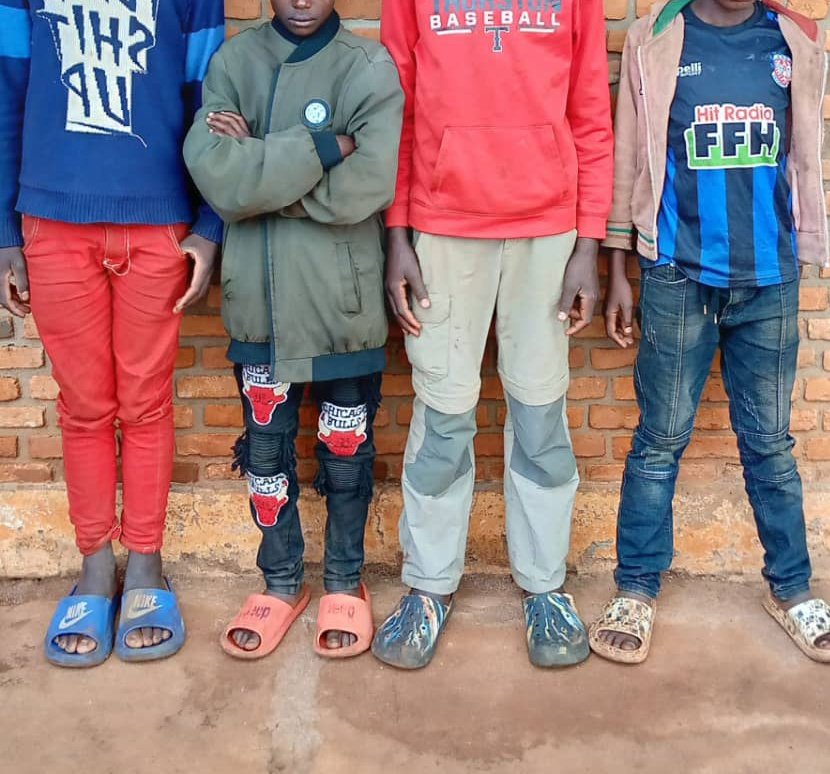

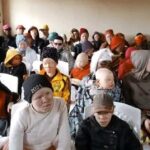
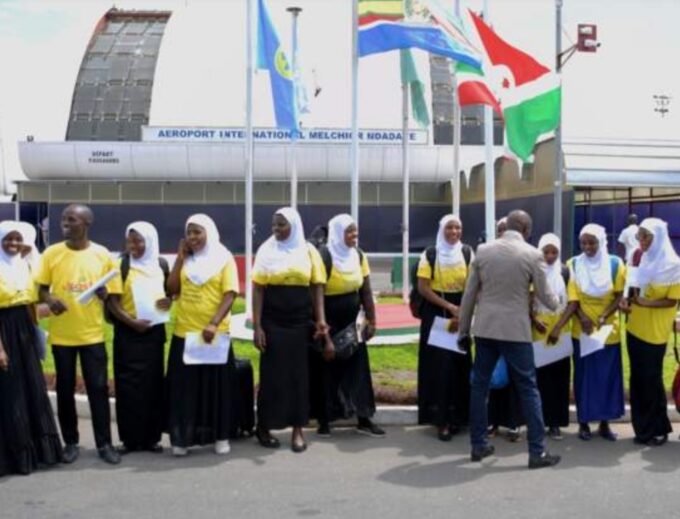
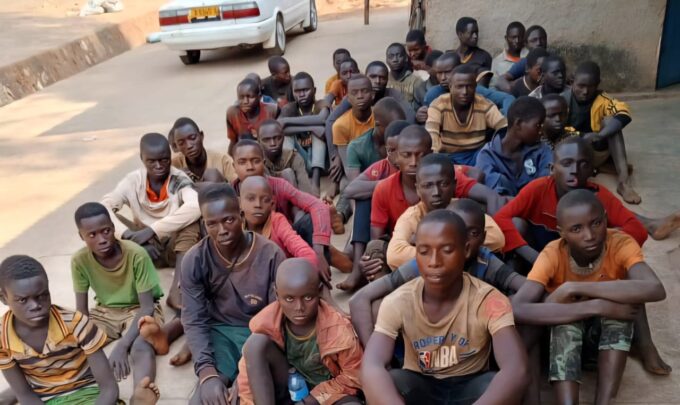
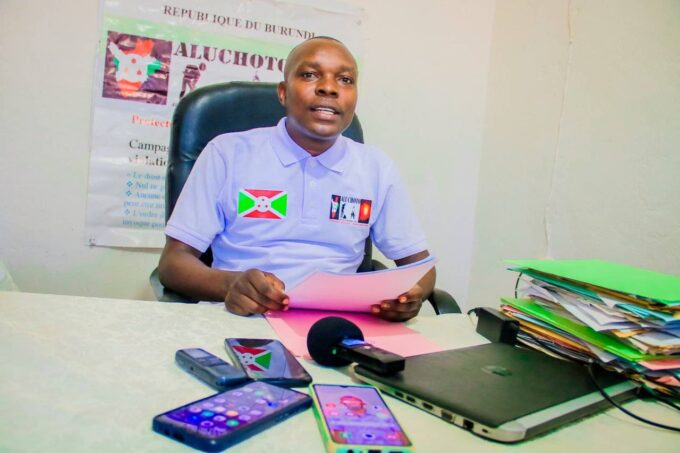
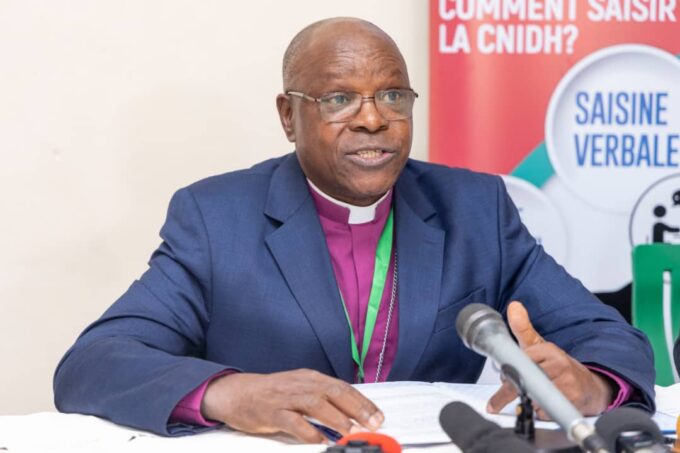
Leave a comment